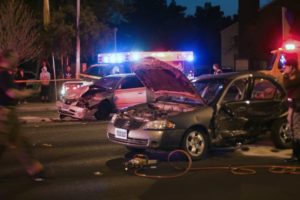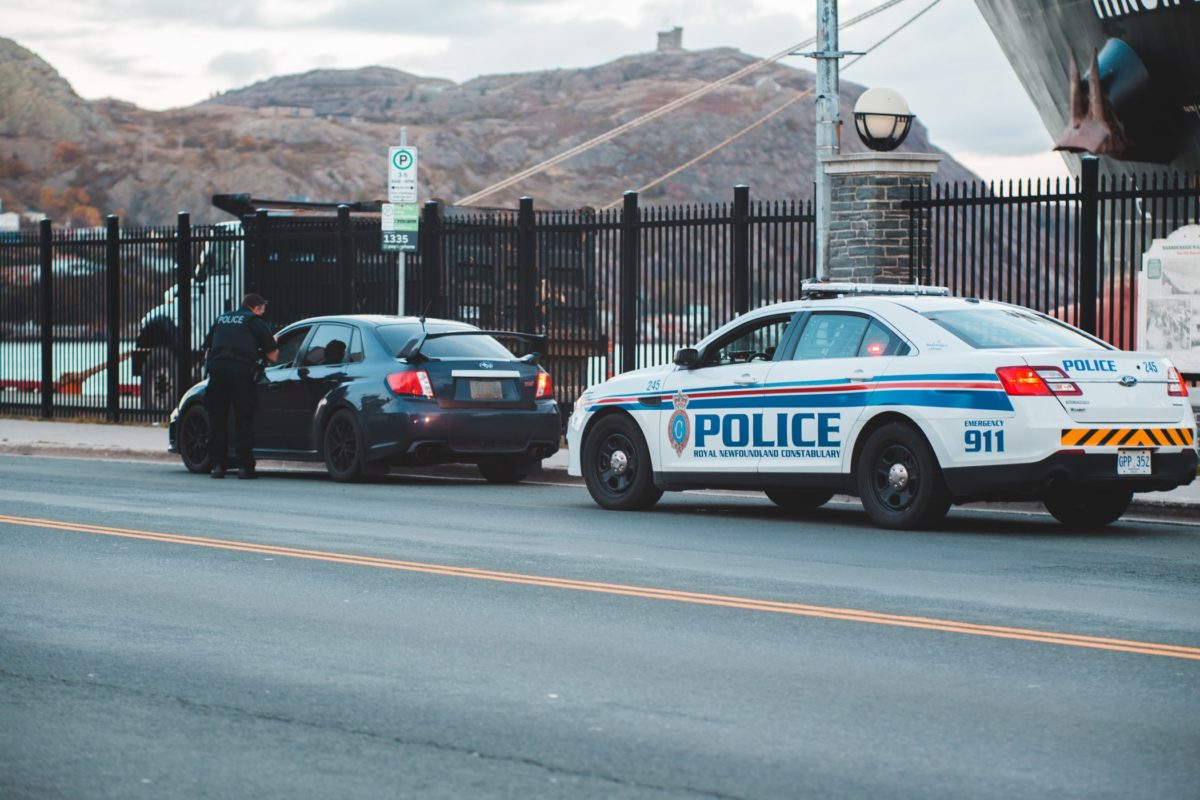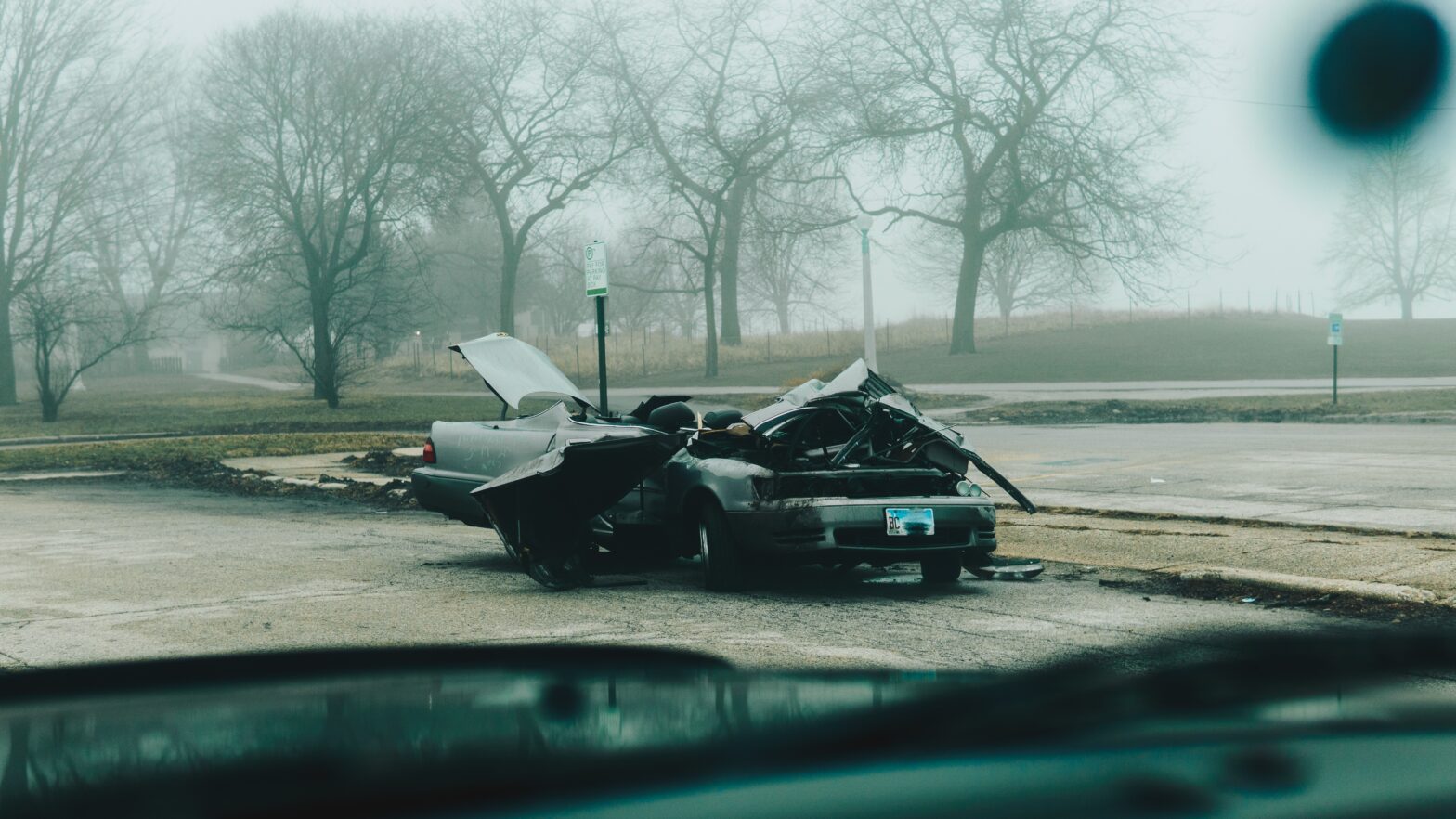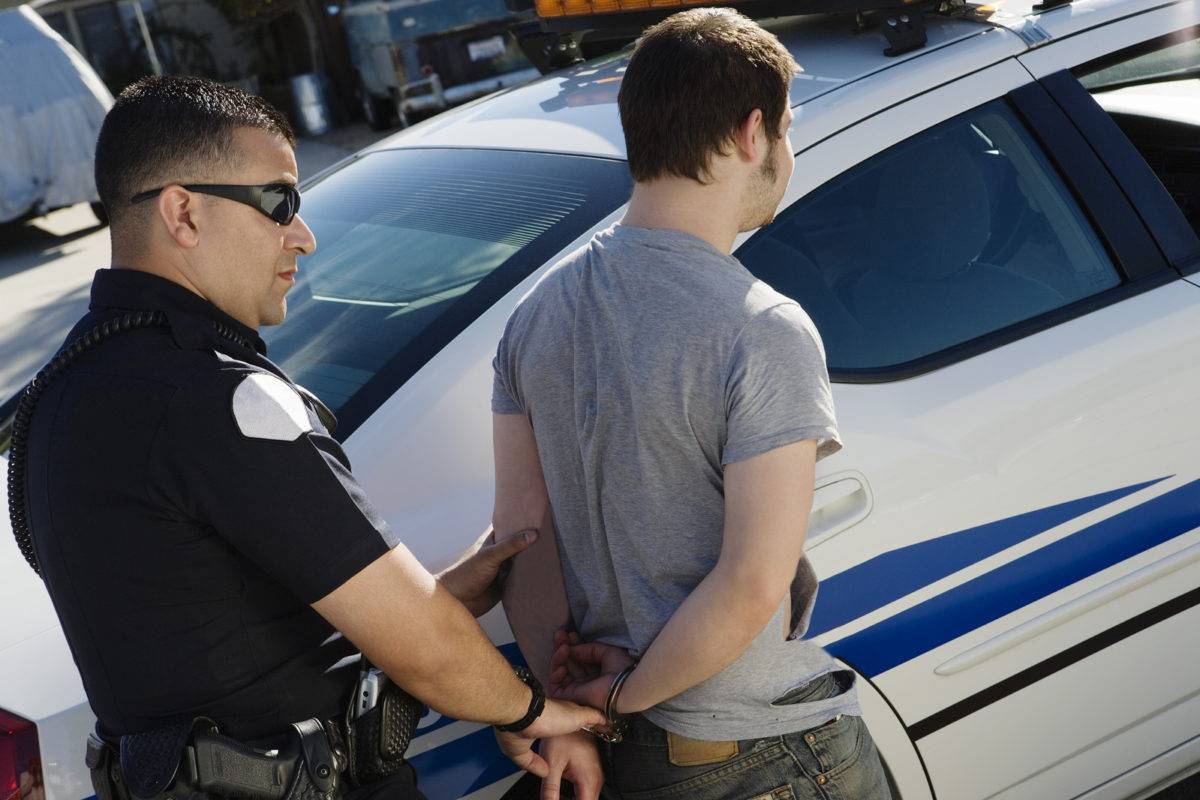Under California law, manslaughter is the unlawful killing of a person without malice. There are three different types of manslaughter – voluntary, involuntary, and vehicular. Vehicular manslaughter is defined in California Penal Code Section 192(c). It occurs when the driver of a vehicle causes the death of another person by negligently committing either:
- an unlawful act that is not a felony, or
- a lawful act, in an unlawful manner, which might cause death.
Vehicular manslaughter is typically the result of an unfortunate accident. Most drivers accused of this offense never had any intention of harming anyone. However, that doesn’t matter. If someone is killed as a result of your negligent driving, you could be prosecuted for either a misdemeanor or a felony violation of Penal Code Section 192(c).

If you are facing charges of vehicular manslaughter, it is critical that you speak with one of our experienced vehicular manslaughter attorneys at Wallin & Klarich right away so that we may help you protect your rights during this difficult time. We may be able to get your charges reduced, dismissed, or negotiate for a sentence that helps you avoid a jail or prison sentence.
Ordinary or Gross Negligence?
A violation of Penal Code Section 192(c) is typically a “wobbler” offense – which means a prosecutor has the discretion to charge you with either a misdemeanor or a felony. However, if you commit vehicular manslaughter for purposes of financial gain, such as to make a fraudulent insurance claim, you will likely be prosecuted for a felony pursuant to Penal Code Section 192(c)(3).
One key difference as to whether vehicular manslaughter will be charged as a misdemeanor or a felony is whether the driver acted with ordinary or gross negligence. Ordinary negligence only requires simple carelessness, inattentiveness, or a mistake in judgment. Gross negligence, as the name implies, requires something more than ordinary negligence. Gross negligence occurs when a person acts in a reckless way that creates a high risk of death or great bodily injury and a reasonable person would have known that acting in such a way would create a high risk of death or great bodily injury. Simply put, gross negligence is reckless behavior that creates a foreseeable and high risk of death or great bodily injury.
If the driver was negligent, but not grossly negligent, then only misdemeanor vehicular manslaughter charges can be filed. However, grossly negligent behavior can be used to prosecute a driver for felony vehicular manslaughter.
An experienced vehicular manslaughter attorney at Wallin & Klarich may be able to help you avoid felony charges by arguing that your conduct was not grossly negligent. In the absence of gross negligence, only misdemeanor vehicular manslaughter should be filed by the prosecution.
What Can Your Punishment be if You Are Convicted of Vehicular Manslaughter?
A conviction for vehicular manslaughter is punishable as follows:

- Penal Code Section 192(c)(1), vehicular manslaughter with gross negligence, is a “wobbler” offense, which means the prosecutor has the discretion to charge it as either a misdemeanor or a felony.
- A felony conviction is punishable by formal probation with a county jail sentence of up to one year, or imprisonment in state prison for two, four, or six years, and a fine of up to $10,000.
- A misdemeanor conviction is punishable by summary probation with up to one year in the county jail, and a fine of up to $1,000.
- Penal Code Section 192(c)(2), vehicular manslaughter without gross negligence (only with ordinary negligence), is a misdemeanor and is punishable by up to one year in the county jail and a fine of up to $1,000.
- Penal Code Section 192(c)(3), vehicular manslaughter committed for financial gain, is a felony and is punishable by formal probation with up to one year in the county jail, or imprisonment in state prison for four, six, or ten years, and a maximum fine of $10,000.
- Revocation of your driver’s license for at least three years for felony convictions of vehicular manslaughter pursuant to Penal Code Sections 192(c)(1) and 192(c)(3).
- In addition, additional penalties can be imposed under the following circumstances –
- If there are any surviving victims who suffered great bodily injury, you face an additional and consecutive three to six-year prison sentence for each injured person;
- If you flee the scene of a vehicular manslaughter accident, you face an additional and consecutive five years in prison.
You May Be Able to Have Your Charges Dismissed or Punishment Reduced
Our experienced vehicular manslaughter attorneys at Wallin & Klarich may be able to have your charges dismissed based upon the facts of your case. In other cases our law firm will do all we can to negotiate for a reduction in your punishment if we are able to reach a resolution of your case with the prosecution.
We may be able to get a felony charge of violating Penal Code Section 192(c) reduced to a misdemeanor if we can demonstrate that you were:
- Driving reasonably; and/or
- Did not break any other laws; and/or
- Absence of gross negligence (only ordinary negligence was involved).
If a felony charge cannot be reduced, we may be able to argue that ordering you to serve a period of probation is in the best interest of justice. Probation may be an alternative to a prison sentence depending on:
- The facts of the case; and
- Your prior criminal record, if any; and
- Mitigating circumstances.
An experienced vehicular manslaughter attorney with Wallin & Klarich may be able to persuade the prosecutor or the judge not to order you to serve any jail time as a condition of your release on probation.
Additionally, we may also be able to help you become eligible for a Community Work Project (CWP), Cal-Trans, work release, house arrest, or another form of community service or alternative to jail time, which could reduce or replace any time you are sentenced to serve in jail.
You May Be Able to Have Your Vehicular Manslaughter Charges Dismissed
There is also the possibility that you are not guilty of committing vehicular manslaughter. If your attorney can demonstrate that your conduct was not negligent, the charges against you could be dismissed.
For example, while driving responsibly, you strike a pedestrian who unexpectedly runs in front of your car. You had no opportunity to avoid the collision. The pedestrian doesn’t survive his or her injuries. But you admitted to feeling tired as you were on your way home from a long shift at your job. The District Attorney decides that the admission makes you negligent (not sufficiently alert while driving) and charges you with vehicular manslaughter.

Clearly, you had no intention of harming anyone. This was an unfortunate, tragic accident. As such, an experienced vehicular manslaughter attorney may be able to argue that the pedestrian’s negligence of stepping in front of your car caused his or her own death, and therefore you should not be held responsible for killing the person because there was either:
- no negligence on your part, or
- even if you were too fatigued to be driving, this negligent act was not the cause of the pedestrian’s death.
Speak to Our Skilled Vehicular Manslaughter Defense Attorneys at Wallin & Klarich Today
You should not face Vehicular Manslaughter charges without the help of an experienced Vehicular Manslaughter defense attorney. Our skilled and knowledgeable Vehicular Manslaughter defense lawyers at Wallin & Klarich have been successfully defending clients facing Vehicular Manslaughter charges for more than 38 years. Let us help you now.
With offices in Orange County, Riverside, San Bernardino, Victorville, West Covina, Torrance, Los Angeles, and San Diego, there is an experienced Wallin & Klarich DUI defense attorney available near you no matter where you work or live.
Contact our DUI law firm today at (877) 4-NO-JAIL or (714) 730-5300 for a free phone or virtual consultation. We will be there when you call.



